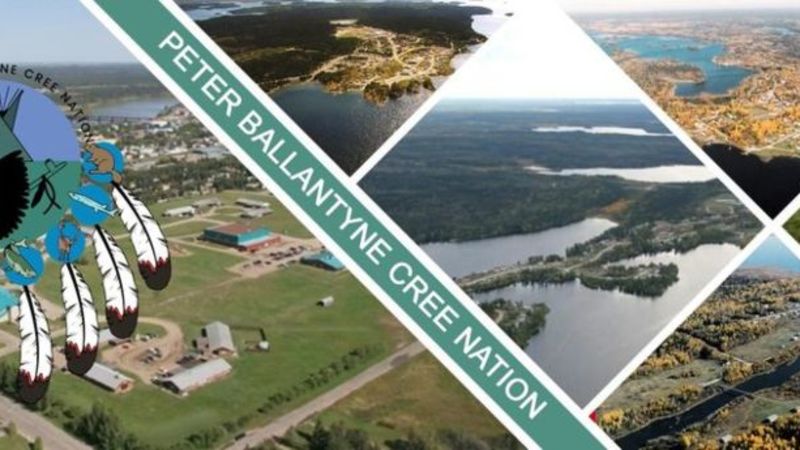
Clearcut protestors request additional three year moratorium
As an important deadline approaches, concerned members of a forest protection group in the Prince Albert area are calling on the provincial government to extend a moratorium for a clearcutting event in the Island Forest.
Over 60 people showed up at meeting last week at Crutwell Community Hall, representing Sturgeon Lake First Nation and Wahpeton Dakota Nation, as well as non-indigenous people who live and farm in the area.
“It was a beautiful thing to see,” commented group spokesperson Dave Rondeau, referring to the mosaic of people. “That area they are hoping to clearcut is utilized by everyone.”
Concerns with the government’s Island Forest Timber Harvest Operating Plan (FOP) first came to light in January 2024 when over half a dozen people showed up at the forestry centre in downtown Prince Albert. In turn representatives from the Ministry of Environment agreed to meet with them and spent roughly half an hour answering questions related to the FOP and the potential impact to the areas around Holbein and Crutwell.




